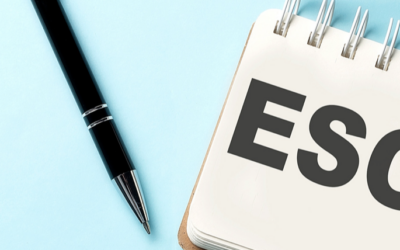How to get better sleep while working the night shift.
It’s National Sleep Awareness Week, and while there are a million articles out there talking about how to get better sleep, we wanted to focus on those caregivers who don’t work the 9-to-5, Monday through Friday, “normal” schedules. We’re talking about you, the shift worker, the caregiver who stays up all night to make sure that we receive the best care, all night long.
According to a recent study, healthy sleep patterns are most affected by having lots of “daylight” during the day, and less at night.1 But what does this mean if you’re a shift worker? How can you get the best sleep when you work through the night and sleep through the day?
Simulating the day/night cycle can go a long way to help you get better sleep, no matter what hours you have to work. Thankfully, with a little innovation, technology, and routine, you can do just that.
Sunlamps when you wake
When you wake up, sit under a sun lamp (also known as a light box) for at least 20-30 minutes (for a 10,000-lux light; times may vary for other lux lights). Make sure that your eyes are open, but don’t look directly into the box. Light on the skin doesn’t help; it must enter your eyes. Learn more at the Mayo Clinic.
Sunglasses
Coming off of a night shift can mean that you leave as the sun is coming up, but having direct sunlight in your eyes when you are close to sleep can throw off your circadian rhythms. Putting those shades on before you leave work until you get home and in a dark room can help your brain from “waking up” right before sleep.2
Blackout Curtains
Sun lamps when you wake and then sunglasses on the ride home will be all for naught if you try to sleep in a sunlit room. Invest some money in decent blackout curtains, plunge your bedroom into darkness, and trick your brain into thinking it’s night. (If you don’t want or can’t purchase blackout curtains, try a sleeping mask instead.)
Avoid devices before bed
There’s been article after article, study after study, that have expounded how disruptive electronic devices are to sleep. The blue light from that tablet or phone is mimicking daylight, waking your brain up. Coming off of a night shift, head straight to bed, and plan to catch up with the world when you wake.
Sleep is important. We all know that. But sleep doesn’t always come in the same quality, and to stay healthy and alert, you must get a good quality of sleep. Shift work doesn’t easily lend itself to quality sleep, but using some of these tricks, you can possibly get there.
But remember, if you continue to have a disruptive sleep, consult with a doctor to find a treatment that will work best for you.
References
[1] Kennedy, M. (2017, May 18). Morning daylight exposure tied to a good night’s sleep. Retrieved March 11, 2019, from https://www.reuters.com/article/us-health-sleep-daylight/morning-daylight-exposure-tied-to-a-good-nights-sleep-idUSKCN18E23E
[2] Hendrick, B. (2008, December 05). New Study Sheds Light on Working Nights. Retrieved March 11, 2019, from https://www.webmd.com/sleep-disorders/news/20081205/new-study-sheds-light-on-working-nights#1


